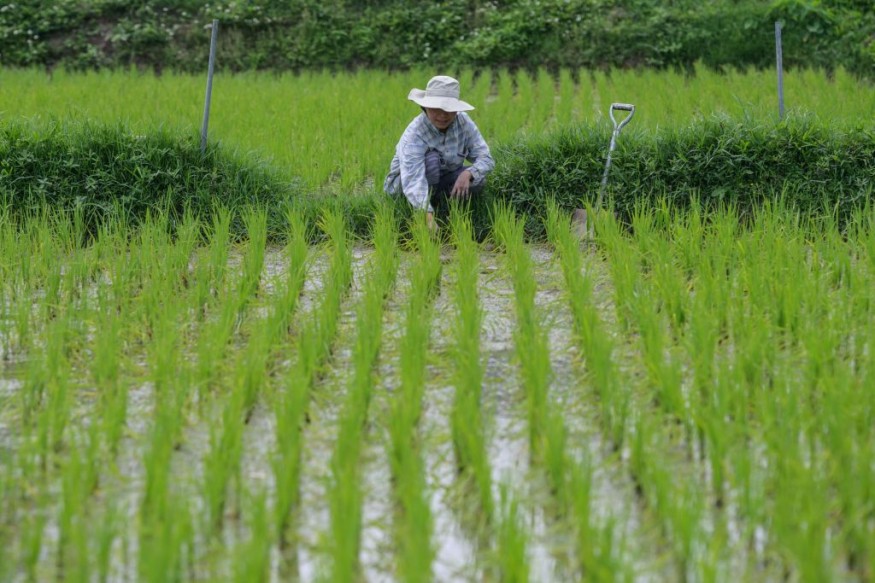The towering skyscrapers of Hong Kong might not be the first image that comes to mind when considering seed banks. Yet, amidst the urban jungle, a dedicated team is working tirelessly to preserve a vital part of our heritage - the genetic diversity of food crops.
Their mission: to safeguard these "silent seeds" that hold the key to future food security in the face of climate change and biodiversity loss.
A Race Against Time: Preserving Legacy Grains

Mercury Wong, a researcher is acutely aware of the urgency of his work. Modern agriculture relies heavily on a few high-yielding varieties, leaving behind a vast array of heirloom crops cultivated for generations.
These "legacy grains" possess unique genetic traits that could prove invaluable in the fight against future threats like pests, diseases, and changing weather patterns.
Heirloom crops are a testament to the ingenuity of our ancestors. Bred to thrive in specific environments and possess natural resistances often lacking in modern varieties, preserving their genetic diversity creates an arsenal of tools critical for ensuring food security in a changing climate.
The Hong Kong team's approach is two-fold. First, they meticulously collect seeds from across Asia, focusing on regions with a rich agricultural history.
Collaboration with local farmers and indigenous communities is crucial in identifying and obtaining seeds of heirloom varieties, often passed down through generations, carrying the cultural and agricultural heritage of a particular region.
For instance, researchers in Hong Kong are working to revive dormant rice varieties that once grew in the region.
These forgotten varieties may hold hidden genetic traits that could be crucial for developing future crops that are more resilient to climate change and diseases. However, there are challenges to preserving these varieties.
There are very few remaining seeds, and there is little documentation about the specific qualities of Hong Kong rice varieties. The researchers are working to overcome these challenges by using a variety of techniques, including seed multiplication and genetic analysis.
Secondly, the team employs cutting-edge techniques to preserve the collected seeds. State-of-the-art storage facilities mimic ideal temperature and humidity conditions, ensuring the seeds remain viable for decades.
Additionally, they are exploring cryopreservation techniques, which involve storing seeds at ultra-low temperatures to further extend their lifespan.
Beyond Preservation: A Seed Vault for the Future
The Hong Kong team's efforts extend beyond simply safeguarding seeds. They are actively engaged in research to unlock the potential of these legacy grains.
By studying their genetic makeup, they hope to identify traits that can be incorporated into modern crops, creating more resilient and adaptable varieties.
This research holds immense promise for ensuring global food security in a challenging world.
The seed vault being developed by the Hong Kong team is more than just a storage facility; it's a beacon of hope for the future.
By preserving the genetic diversity of our food crops, we are ensuring that we have the tools necessary to adapt to a changing world.
The seeds they safeguard are not merely biological materials; they are testaments to human ingenuity, cultural heritage, and the very future of our food systems.
© 2025 NatureWorldNews.com All rights reserved. Do not reproduce without permission.





